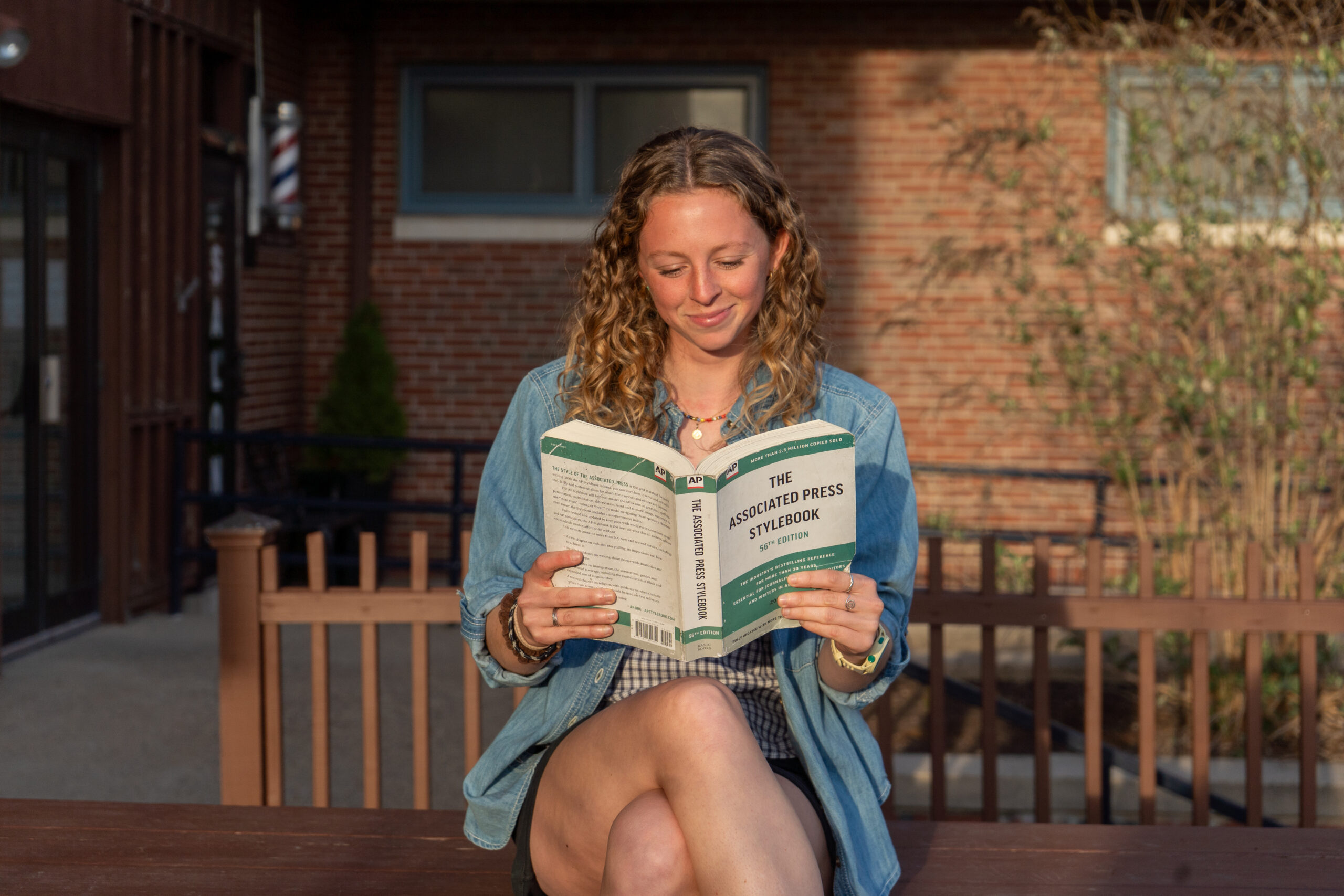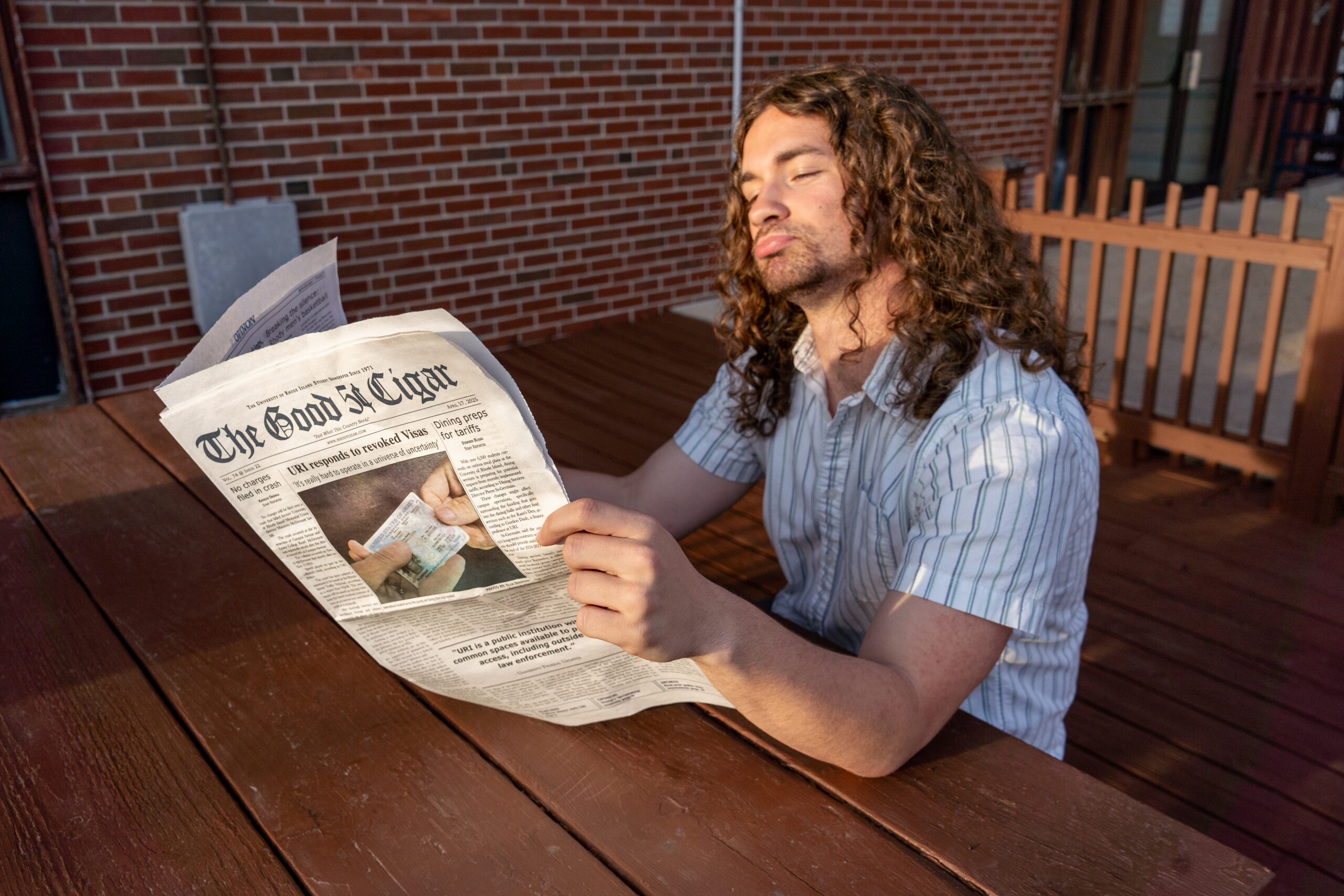Earlier this month, during a closed-door meeting with Senators and cabinet officials, President Trump allegedly on multiple occasions referred to Haiti, El Salvador, and nations in Africa as “shitholes.” President Trump repeatedly questioned why we allowed Haitian immigrants instead of Norwegians.
Even if the President replaced “shithole” with “crapshoot” or even “underdeveloped” to describe parts of this world that have been exploited by for centuries–his comments would still be problematic and racist.
In all honesty, it’s not the vulgarity of his comments that concern me as a first-generation American with roots from Nigeria; it’s the sentiment influences his words behind closed-doors and his administration’s policies.
These biases influence not only the obscenities that freely fly out the President’s mouth but our culture as a whole.
Still, to this day complete strangers to old classmates ask me whether or not I speak “African” or if my relatives in Nigeria live in mud huts without indoor plumbing. First-generation Americans from Nigeria and other African nations are not alone, Latino-Americans regardless of their legal status are branded as “illegals.” Arab-Americans are likewise suspected to be terrorists and religious extremists.
Immigrants from all countries are told to “go back to your country,” and their contributions to the American economy and our nation’s story are overlooked.
The list of prejudices and shallow understandings of our cultures, unfortunately, goes on, and on.
These dangerous beliefs affect the lives of members of other cultural communities; touching the acquaintances that we share this university with, to our professors, classmates, and close friends.
President Trump’s comments are a reflection of his own racial biases. Biases that have motivated him to deny housing for black tenants in his properties New York City during the 1970s, and less than a decade ago, question President Obama’s citizenship and legitimacy.
During the election, the President even proposed a policy to ban all travel and immigration for Muslims. His travel ban was so clearly intended to discriminate Muslim, that it was struck down by several Federal Court circuits, up until the Trump administration appealed the decisions to the Supreme Court.
Everything that Trump had done and said before he became President and his actions as President show that bigotry motivates him and informs his beliefs.
Prejudices and biases, supported by power, is dangerous and insidious combination that make the lives of immigrants and minorities harder.
Less than a week ago, President Trump shutdown the federal government to deport Dreamers. Trump forced a shutdown, despite the fact members of both parties struck a bipartisan compromise to protect Dreamers while including provisions to increase the amount of border patrol agents.
Trump is willing to use Dreamers as political pawns, to get his border-wall because he refuses to recognize them as Americans or see that they are entitled to the same protections as other naturalized citizens.
President Trump is deporting people like Jorge Garcia, a 39-year-old father of two, who arrived in the United States when he was ten years old. Mr. Garcia never received so much as a speeding ticket in the last twenty-nine years in the United States. He worked as a landscaper in Michigan to support his family and live his American dream.
I grew up watching my parents and family members fight to create a better life here in a country that was not always accepting of our accents, the way we looked, the foods we ate, and even our presence in this country. In many ways, Mr. Garcia life is a shared experience of not just my own family, but of the immigrants who came here generations ago, and the immigrants of today.
Trump’s comments and the support he continues to garner despite his disgraceful behavior, is an insult to immigrants and first-generation Americans, but to the fundamental idea of liberty and justice for all in America.
In a twisted way, Trump is forcing us as a nation reckon with the biases that remain in our society. Questioning whether or not Trump is a racist, isn’t enough to solve the issues that immigrants face.
We must be frank with ourselves and reflect on our own biases and the ways they affect our fellow citizens because the nation of immigrants cannot turn its back on the immigrants of today.



